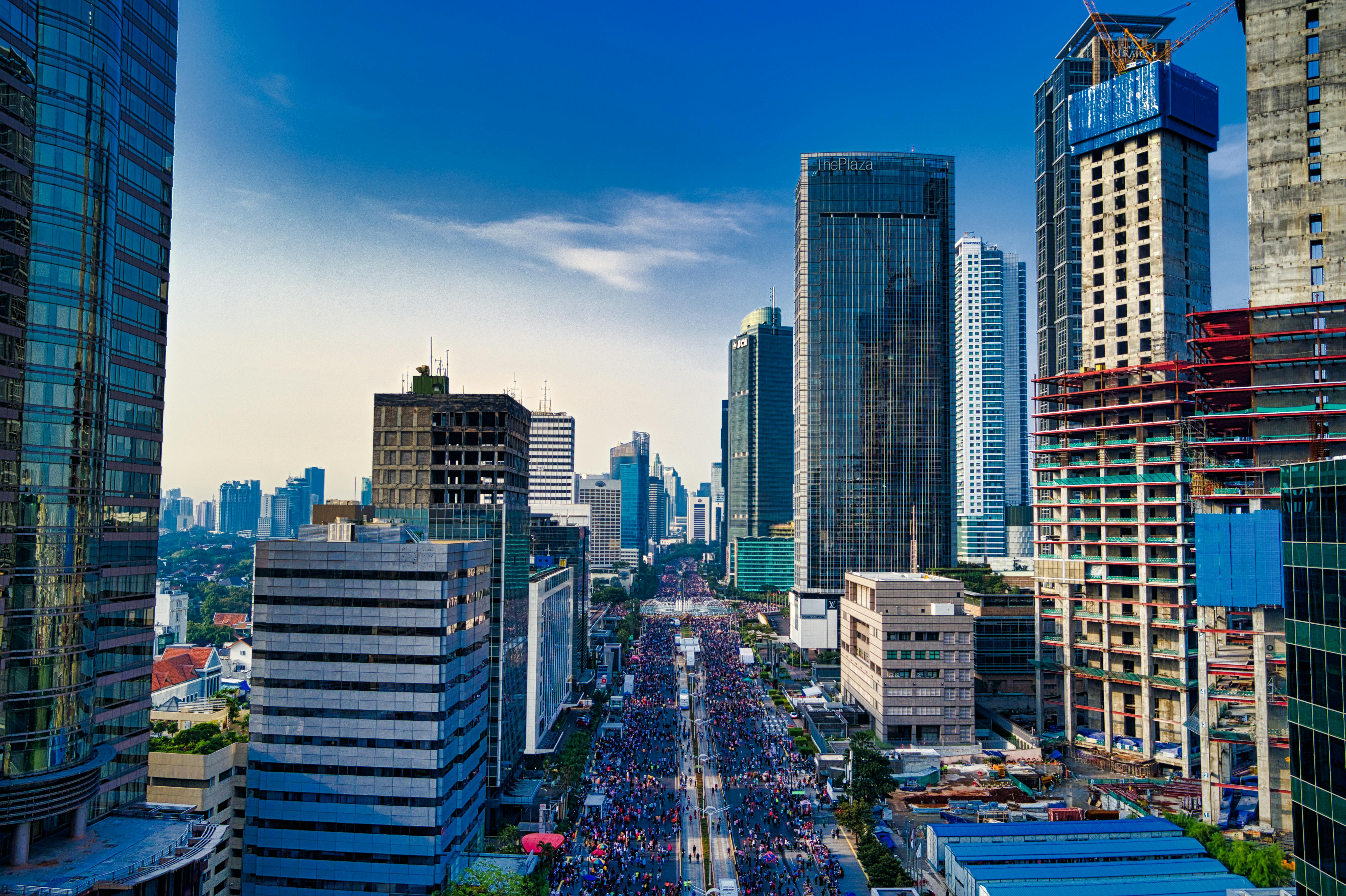Okay so.
My friend started Ozempic last year and honestly? The results were wild. But then she told me about the side effects and the cost and I was like... there's gotta be another way, right?
Look, I'm not here to judge anyone's health choices. You do you. But if you're like me and you're curious about managing your appetite without injections - or if you can't access GLP-1 medications - I've been deep diving into what actually works.
And honestly? Some of this stuff is pretty legit.
Why Everyone's Suddenly Talking About This
Real talk - the Ozempic conversation has opened up something bigger. We're finally discussing appetite regulation without the whole toxic diet culture thing. It's not about being "good" or "bad" with food anymore.
It's about understanding how your body actually works.
The thing is, those GLP-1 medications basically mimic hormones your body already makes. They tell your brain you're full and slow down digestion. Pretty smart, honestly.
But here's what nobody mentions - you can support those same hormones naturally. It takes more effort, sure. But it's possible.
The Protein Thing (Yes, Again)
I know, I know. Everyone won't shut up about protein. But there's actually science behind why it works for appetite control.
Protein triggers your satiety hormones like nothing else. When I started hitting realistic protein goals - not obsessive ones, just consistent ones - the constant snack cravings basically disappeared.
My nutritionist told me to aim for 25-30 grams at breakfast. Game changer. I'm talking eggs, Greek yogurt, protein smoothies - whatever works for you.
The difference? I'm actually satisfied until lunch now. No 10am vending machine runs.
Fiber Is Literally Your Best Friend
Okay this sounds boring but hear me out.
Fiber slows down digestion (just like Ozempic does) and keeps you fuller longer. Plus it feeds your gut bacteria, which apparently has a huge impact on appetite regulation. The gut-brain connection is wild when you actually understand it.
I started adding chia seeds to my morning smoothie and eating more vegetables (groundbreaking, I know). But the key was making it easy - pre-cut veggies, frozen options, whatever removes the barrier.
Aim for 25-30 grams of fiber daily. Most of us get like... 15. Yikes.
The Movement Factor Nobody Wants To Hear
Listen. I'm not telling you to become a gym rat. But movement literally changes your hunger hormones.
Even just walking - yeah, those hot girl walks everyone's doing - can improve insulin sensitivity and reduce ghrelin (your hunger hormone). It's not about burning calories. It's about hormone regulation.
I do a 20-minute walk after meals when I can. Sometimes it's literally just around my apartment building. But it helps with blood sugar spikes and honestly? The cravings after dinner are way less intense.
Sleep (Yes, Really)
This one frustrated me because I didn't want it to be true.
But when you don't sleep enough, your hunger hormones go absolutely haywire. Ghrelin increases, leptin decreases, and suddenly you're craving everything in sight.
I noticed this pattern - after bad sleep nights, I'd be ravenous all day. After good sleep? Normal appetite, normal cravings.
Getting my sleep routine consistent probably made the biggest difference in my appetite. More than any supplement or trick.
Aim for 7-9 hours. Basic but effective.
Supplements That Might Actually Help
Okay so I'm not a doctor (obviously), but these are what actual nutritionists recommend for appetite support:
Glucomannan - It's a fiber that expands in your stomach. Sounds weird but studies show it helps with satiety. Take it with lots of water.
Berberine - This one's interesting. It can help with blood sugar regulation and insulin sensitivity. Some people call it "nature's Ozempic" but that's... a stretch. It does help though.
Chromium - Helps stabilize blood sugar. When your blood sugar is stable, cravings are way more manageable.
Omega-3s - Reduce inflammation and might help with leptin sensitivity. Plus they're good for literally everything else.
Again - talk to your doctor before starting supplements. Especially if you're on other medications.
Stress (The Appetite Killer/Creator)
Here's something wild - stress can either kill your appetite or make you eat everything in sight. Depends on the person.
For me? Stress = constant grazing. Cortisol messes with your hunger signals and makes you crave high-calorie foods. Your body thinks it needs energy for whatever "threat" you're stressed about.
I started using this simple breathing technique when I notice stress eating patterns. Takes like 3 minutes. Sounds too easy to work but... it kinda does?
Also - and this is important - managing stress isn't just about appetite. It's about your whole wellbeing. Don't ignore the mental health piece of this.
The Realistic Timeline
Here's the thing nobody wants to tell you.
Natural appetite management takes time. Like, weeks to months time. Not days.
Ozempic works fast because it's a medication. Natural approaches work because you're literally retraining your body's hormone responses. That's slower.
I noticed small changes after about 2 weeks of consistent protein and fiber. Real, significant changes? More like 6-8 weeks.
Frustrating? Yes. Worth it? Also yes.
What Actually Doesn't Work
Let me save you some time and money.
Appetite suppressant teas - Usually just caffeine and laxatives. Hard pass.
"Skinny" supplements - Most are unregulated and sketchy. If it sounds too good to be true, it is.
Extreme restriction - This just makes you more obsessed with food. Your body fights back hard.
Drinking tons of water to "fill up" - I mean, stay hydrated obviously. But this doesn't address actual hunger hormones.
My Honest Take
Look, I get why people choose Ozempic. I really do. If it's medically necessary and you have access to it, that's between you and your doctor.
But for those of us exploring other options - whether by choice or necessity - natural appetite management is possible. It's just slower and requires more consistency.
The combination that worked for me: high protein breakfast, more fiber throughout the day, regular movement (nothing crazy), better sleep, and managing stress. Plus berberine and omega-3s.
Did it "cure" my appetite issues overnight? No. But after a few months, my relationship with hunger feels... normal? I eat when I'm hungry, I'm satisfied with reasonable portions, and I'm not thinking about food constantly.
That's worth more than any quick fix.
What's your experience with natural appetite management? Have you found anything that actually works? I'm always curious what works for different people.















Comments: